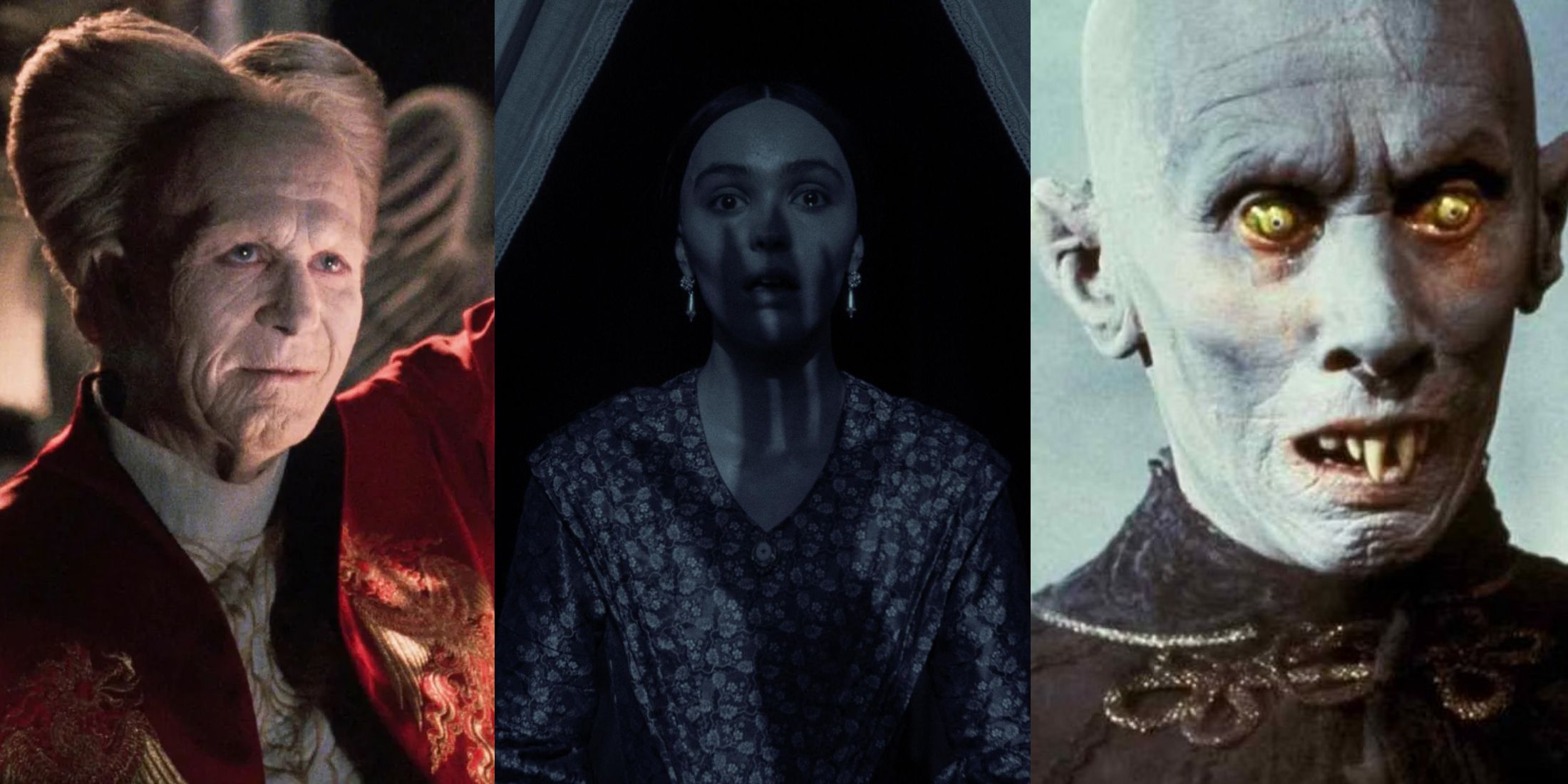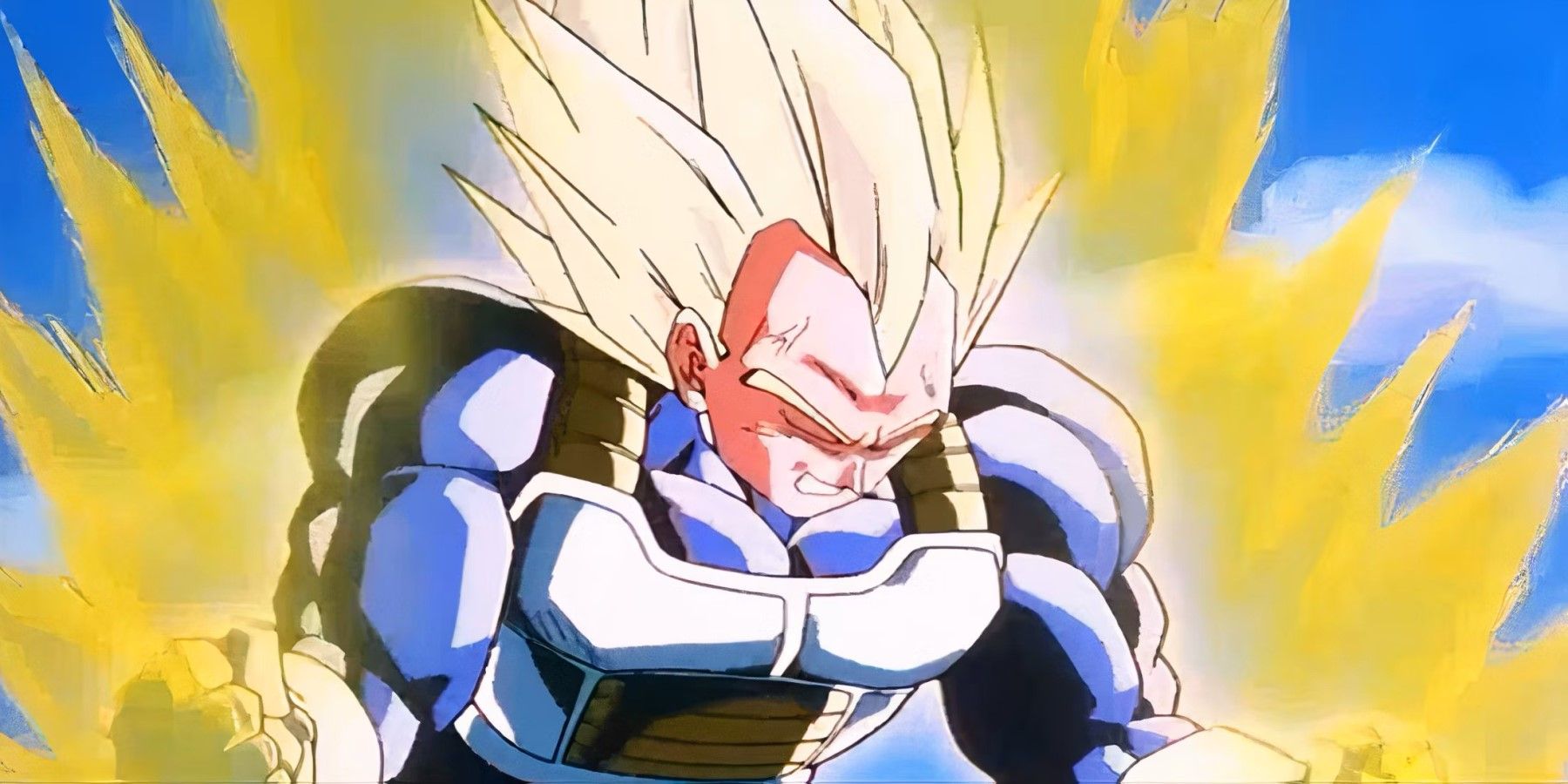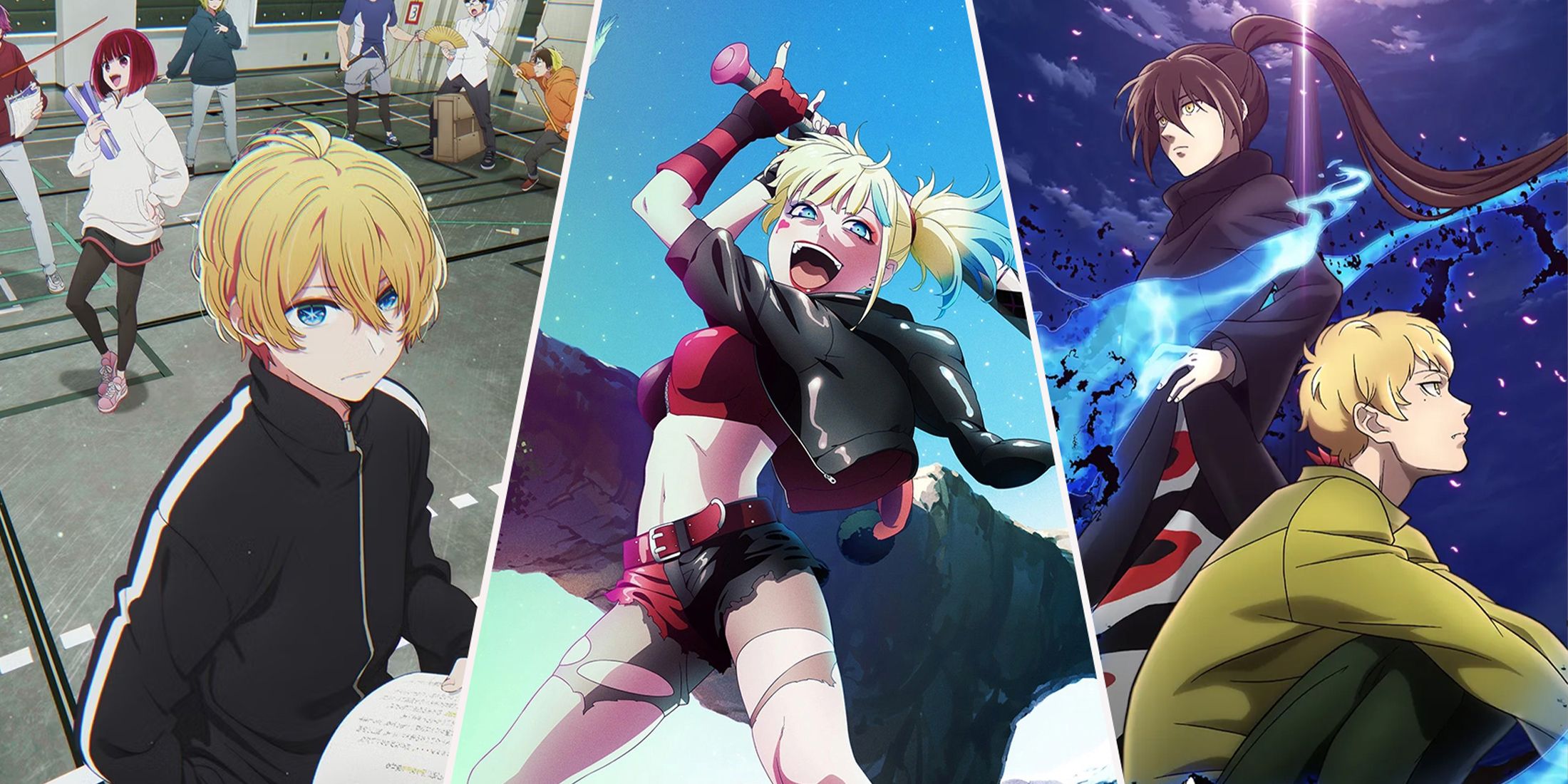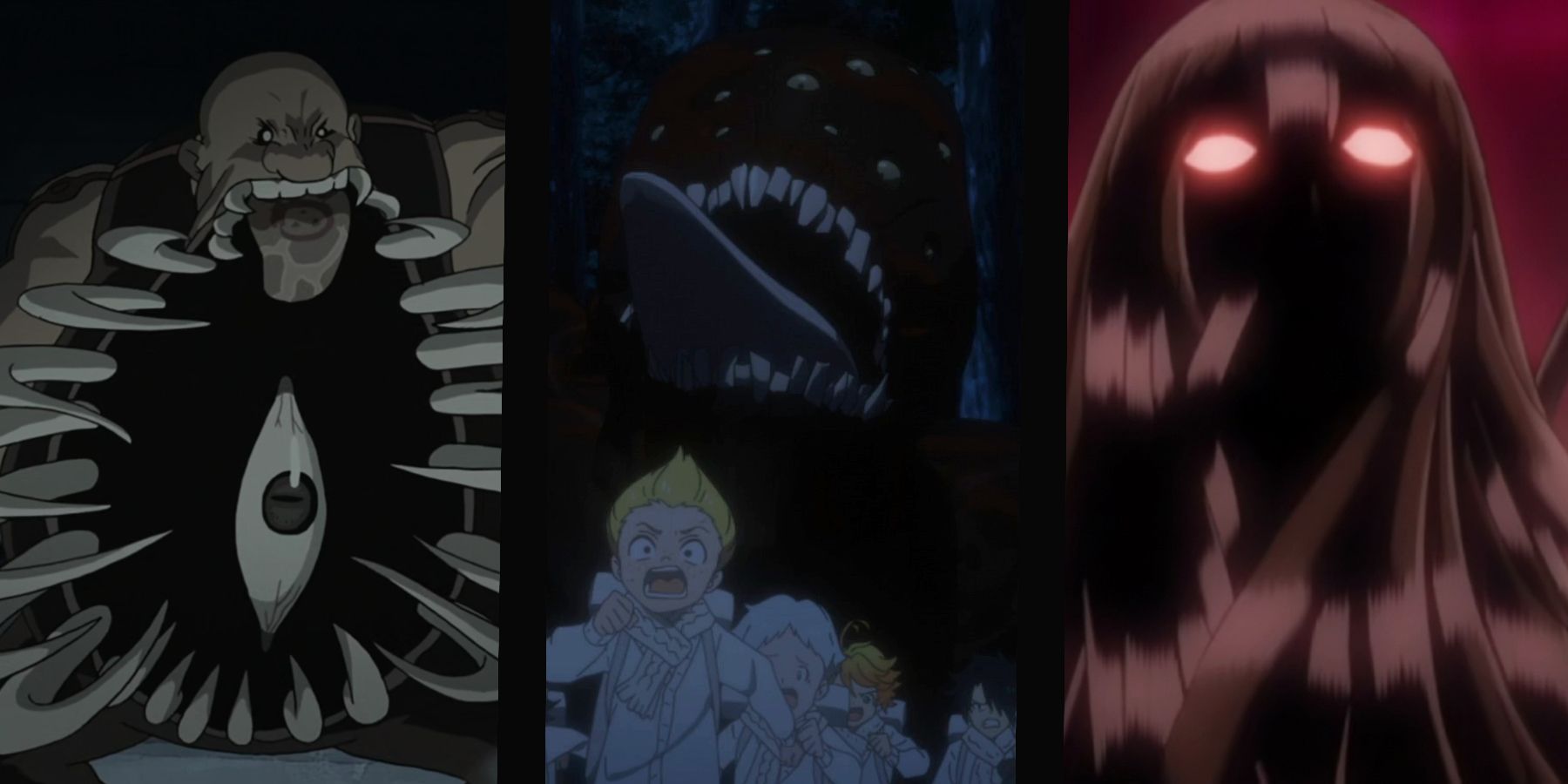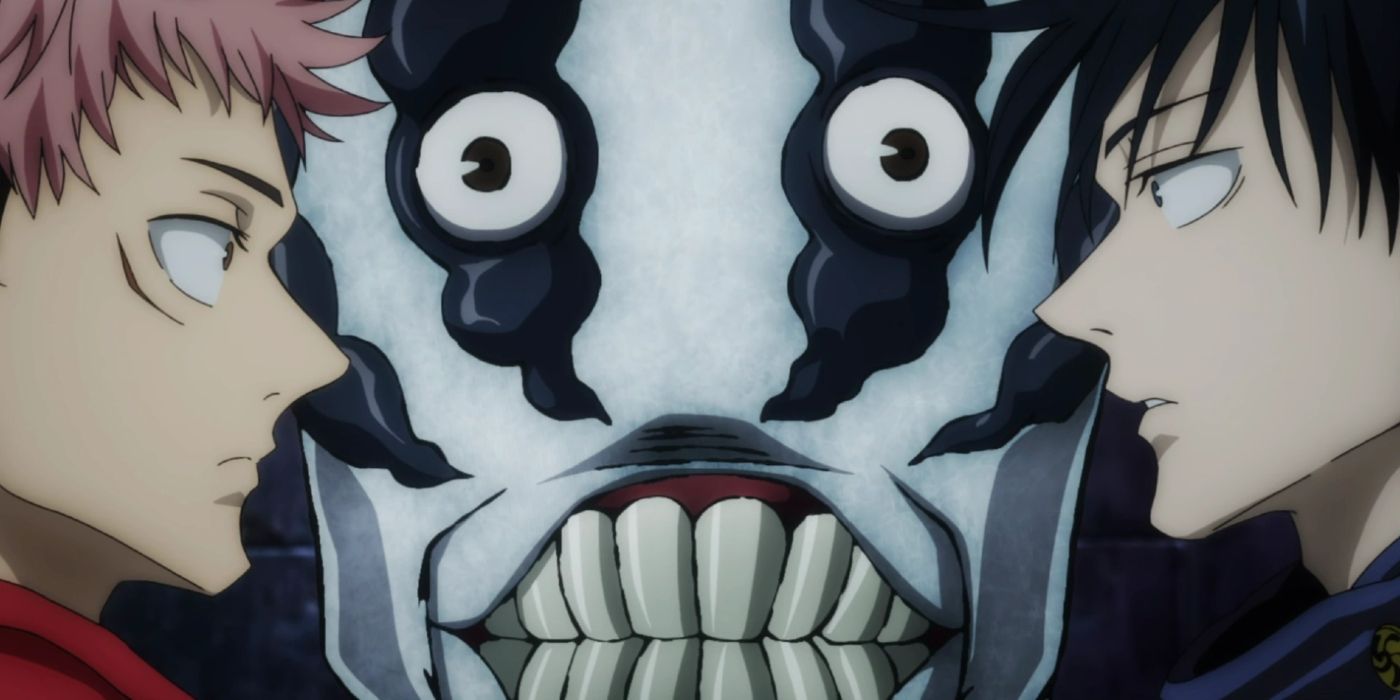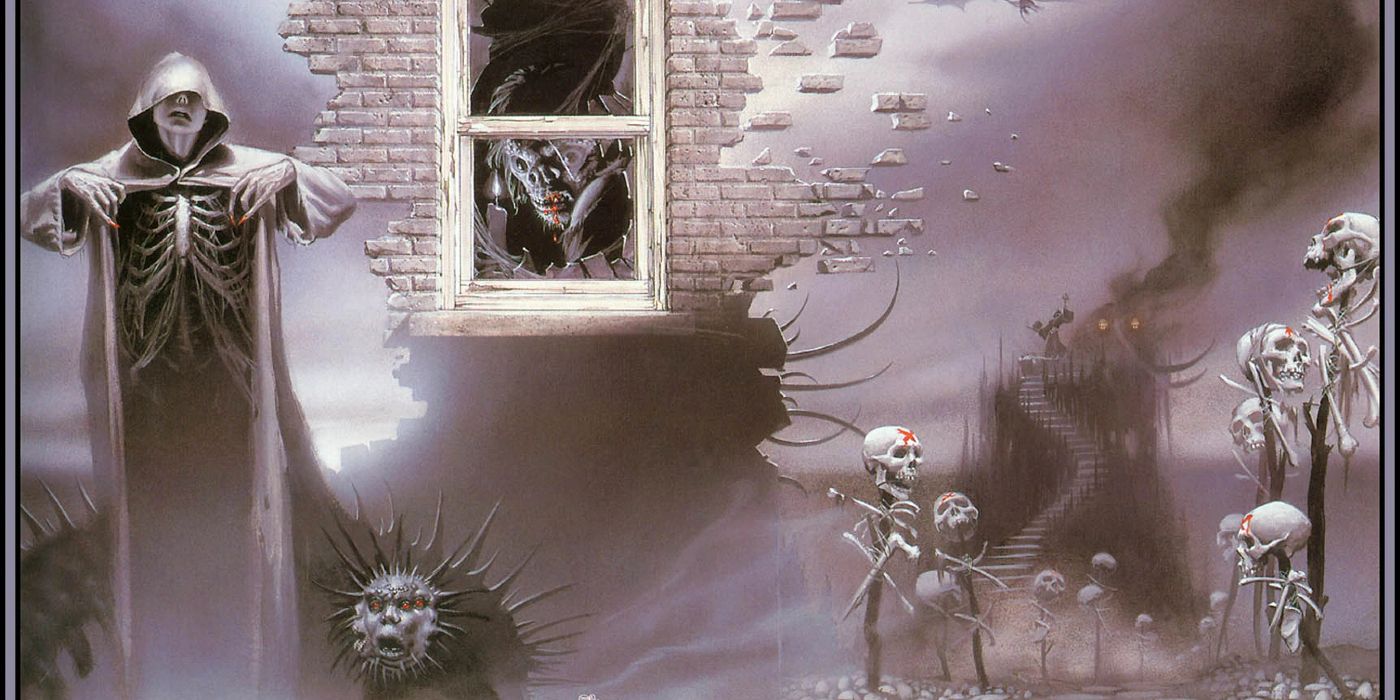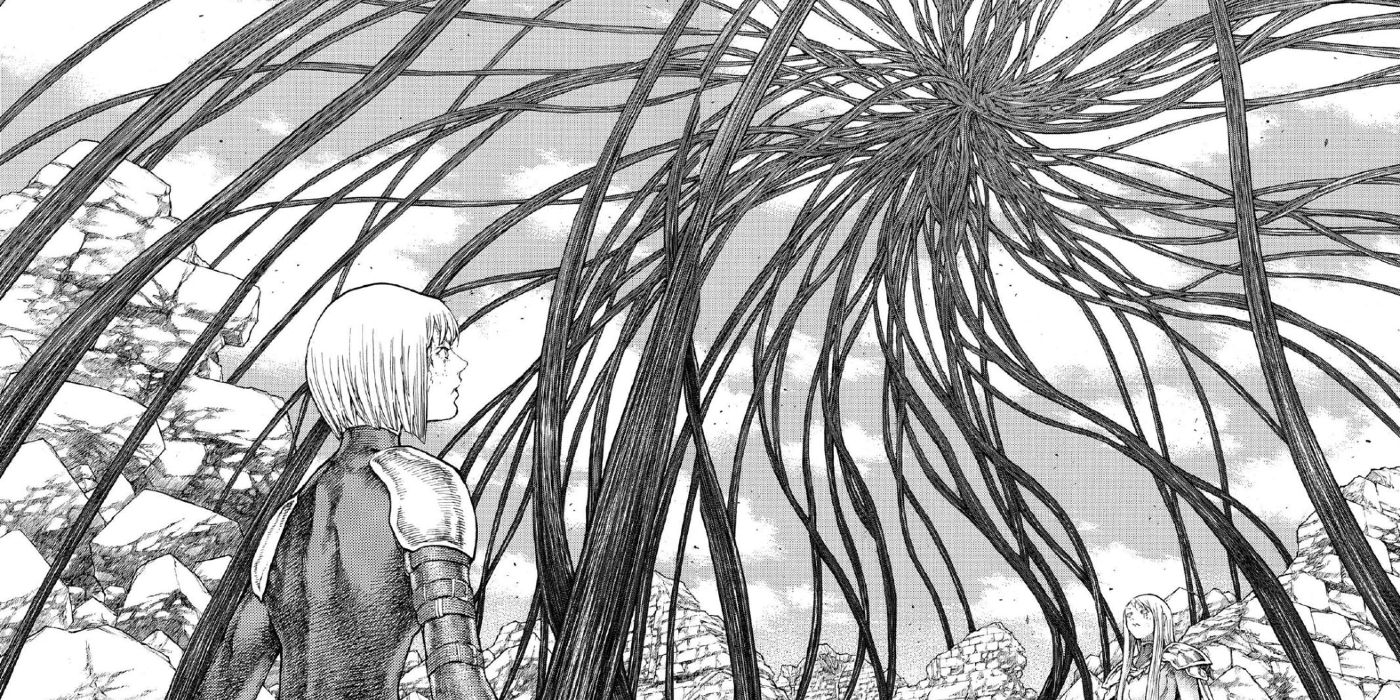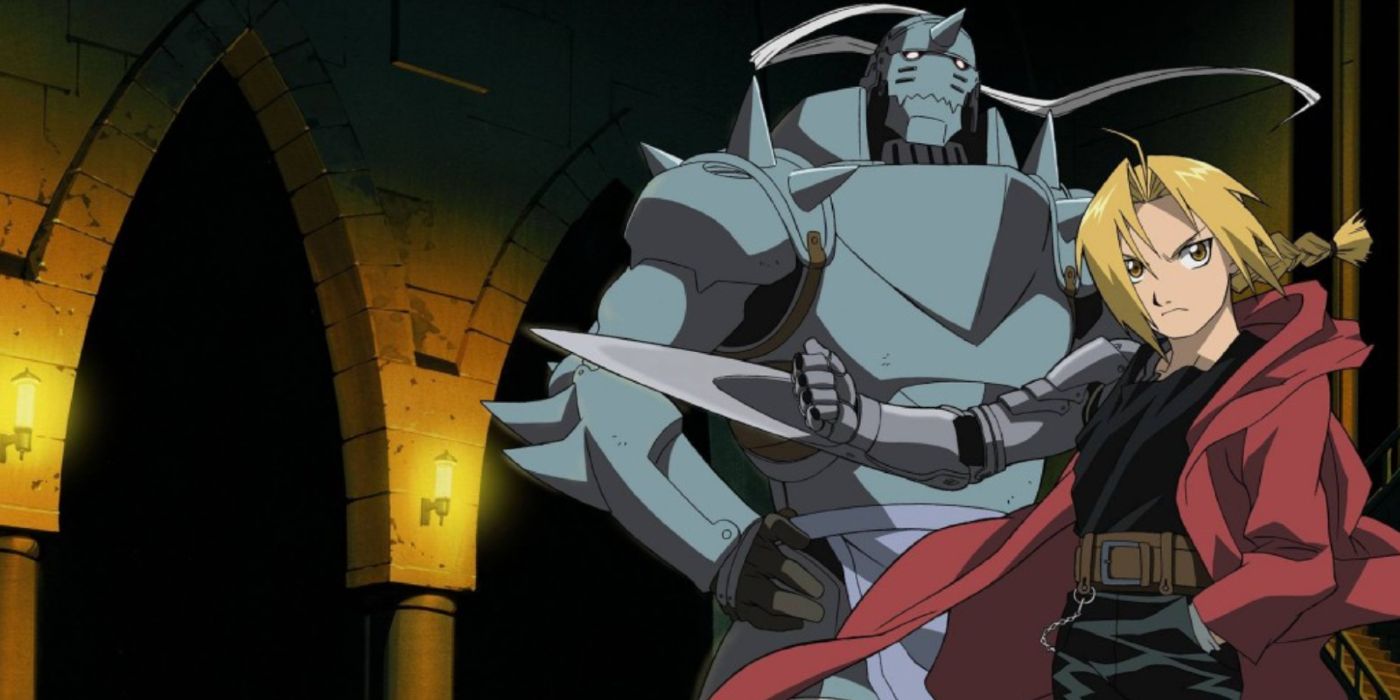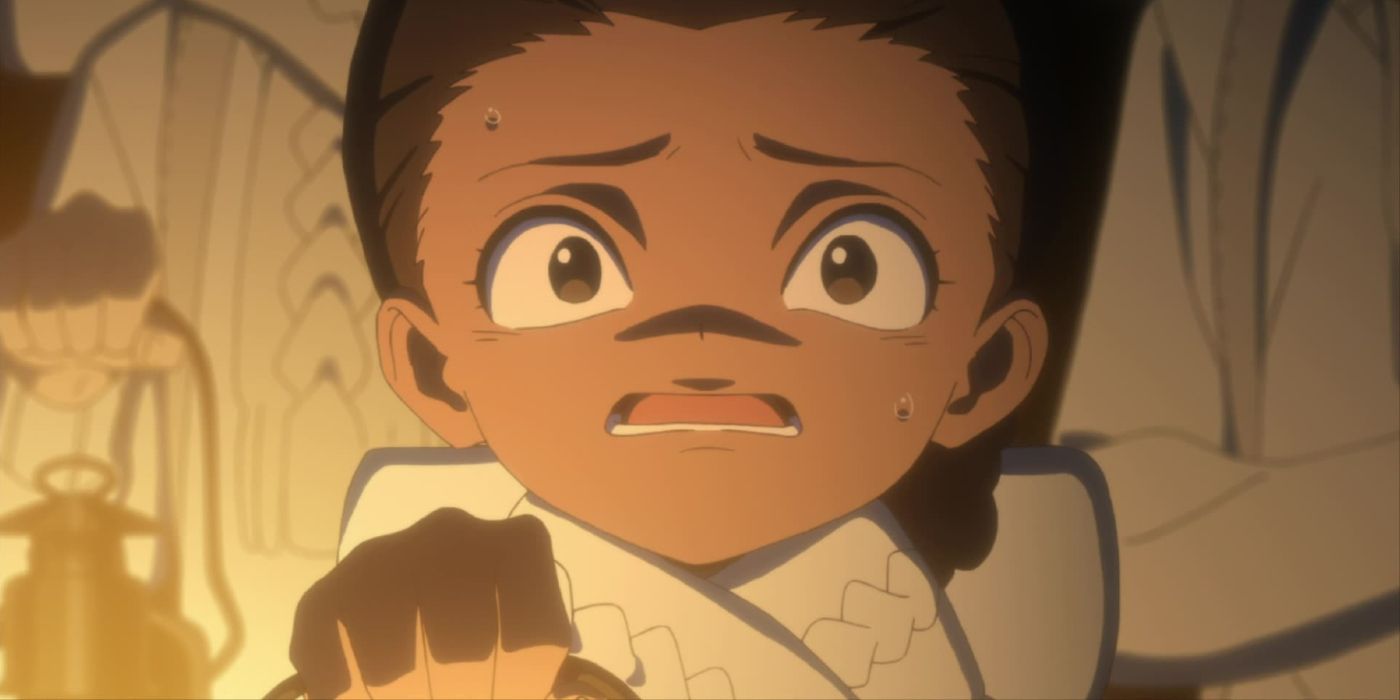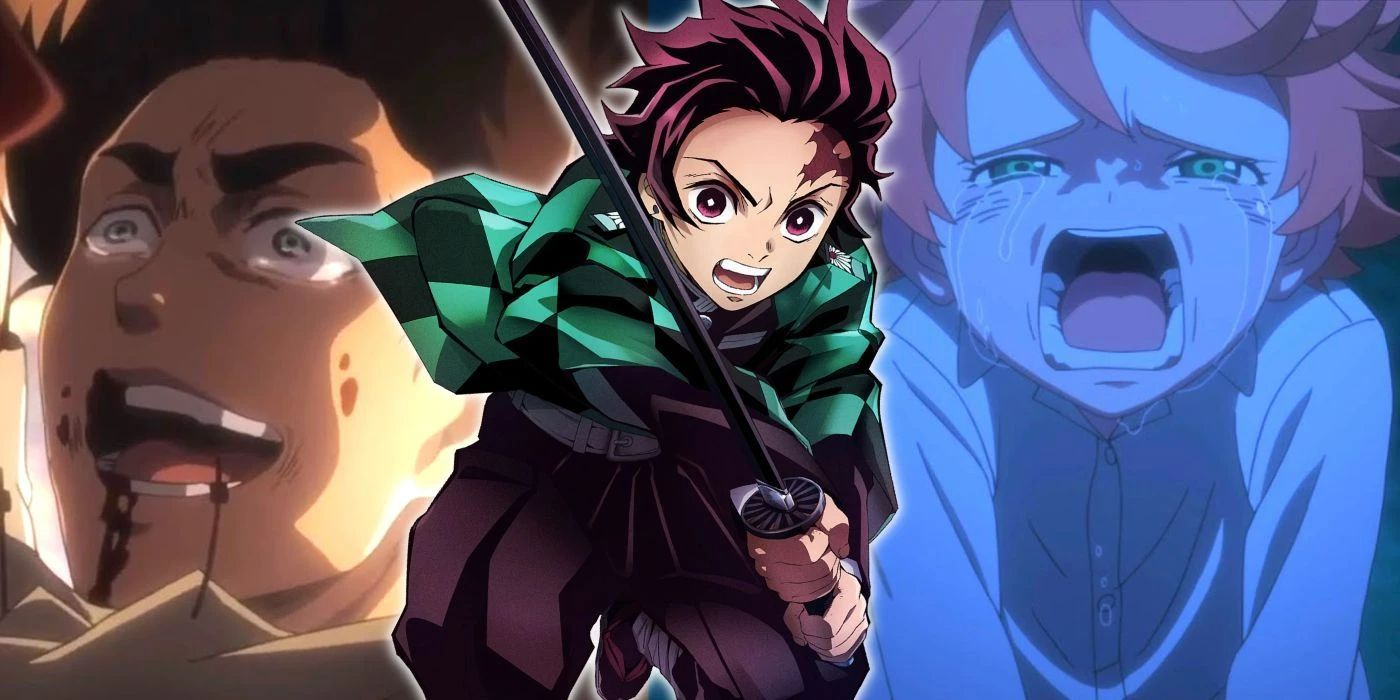Horror has many names and spans many forms of fiction, including anime. While it’s typical to see classic horror influences in horror anime, it’s done intriguingly well when mixed with shonen story elements. One could say it’s an odd combination that wouldn’t be expected to succeed, like grape jelly and leftover pizza. That’s especially the case for anime with themes or messages that can be correlated with the ones found in Lovecraftian horror or existential horror.
There’s even a subgenre of shonen anime that fans have begun acknowledging more recently as dark shonen. The three series considered by many to be the “dark trio” of shonen are Jujutsu Kaisen, Chainsaw Man, and Hell’s Paradise. While these series are certainly darker than most, there are three others that embody Lovecraftian horror more closely. Those are Claymore, Full Metal Alchemist Brotherhood, and The Promised Neverland.
What is Dark Shonen?
Dark Shonen is a subgenre that doesn’t have many series in its rotation compared to more popular subgenres. Hardcore fans could pick a shonen series out of a haystack just from one look at the protagonist or a quick peek at the synopsis, but dark shonen is less straightforward.
Essentially, dark shonen is a subgenre of shonen with stories that have a much darker subject or tone than their more-traditional counterparts. For example, My Hero Academia is a traditional shonen, while Jujutsu Kaisen is a dark shonen. Dark shonentakes familiar shonen elements and tops it off with a dash of “edge”.
H.P. Lovecraft Who?
H.P. Lovecraft is recognized by many to be one of the most influential horror writers of all time. Most of Lovecraft’s work, especially his more popular stories, defined the genre of both cosmic horror and existential horror. The term “Lovecraftian” is often seen as synonymous with both genres as a result. Lovecraftian horror conveys not just a fear of the unknown, but also the horror that arises when something unimaginably horrific reveals previously unknown truths of the universe. It’s the “end of the world as we know it” idea times one hundred.
In fiction, Lovecraftian influences usually represent themselves visually as tentacled monsters, calling back to Lovecraft’s most iconic creature, Cthulu. At times, the monsters will just have a grisly, bizarre appearance instead. This genre usually hinges on powerlessness, endless dread, or humanity being punished for reaching further than it should. There is plenty of anime that reflect those ideals in shades here or there, but Claymore, Full Metal Alchemist Brotherhood, and The Promised Neverland incorporate them wholeheartedly.
Strong Dread Vibes
Claymore is not one of the most popular of those three series and it’s even been lost in the sands of time for many fans. Still, it was a diamond in the rough that just needed to be polished off and was pretty heavy on powerlessness and dread. In the anime series, humans live a grim existence, never knowing when they could become a meal for a hungry demon. Their only salvation is at the hands of demi-human warriors that they fear and don’t fully trust. The humans are completely powerless, and it seems like things will never change.
Even the claymores themselves have a bleak existence, walking the tightrope between dying at the hands of one of their demonic opponents or giving into their demonic side and becoming full demons themselves. If the claymores give in to their urges to fully transform, they become ghastly monsters. Some of the most powerful awakened claymores, known as “abyssal ones” or “creatures of the abyss”, scream cosmic horror influences.
The Icarus Brothers of Anime
Whereas Claymore delivers the dread and powerlessness, Full Metal Alchemist Brotherhood (FMAB) delivers on humans facing cosmic punishment after reaching too far. FMAB follows the story of two brothers, Edward and Alphonse, who seek to restore their bodies back to their original forms after they pay the price for trying to resurrect their mother with alchemy. They seek the Philosopher's Stone, an item so powerful that it can be used to perform practically forbidden acts of alchemy.
The Homonculus, the main antagonist group of the series, are each named after the seven deadly sins and born from the series' central antagonist splitting his immortal soul into several entities. They are mostly humanoid, but also considered to be abominations.
The A,B,C’s of Cosmic Horror
With Promised Neverland, the themes are back to powerlessness and crushing dread. Although, there’s even more of a cosmic horror theme of a secret, gruesome reality hidden under the one the protagonists are familiar with. Once they see the truth, it terrifies them to no end, and it would’ve been unimaginable if they hadn’t seen it with their own eyes. In this series, human children are raised in a peaceful orphanage until being unknowingly sold off to demonic monsters as livestock.
Emma, Norman, and Ray are three of said children, completely oblivious at first. Ray is the first to discover how the world really is, before the story begins, and then manipulates events for the other two to stumble onto the truth. This leads to one of the most shocking anime moments of the last decade. For the majority of the series, the children play a game of chess with the orphanage’s caretaker, trying to escape the orphanage before being sold to the monsters. The series is rife with hopelessness and tense moments.
Why Do They Do So Well?
It’s somewhat of a mystery why dark shonen tends to do so well, especially when embodying existentialist horror themes. Full Metal Alchemist Brotherhood will forever be a classic anime series and the second season of The Promised Neverland will always leave a sour taste because of how stunning the first season was.
Those shows are probably so beloved because dark shonen stories are usually written with more complexity or depth than typical shonen stories. Only time will tell how successful the dark shonen subgenre becomes as a whole, but it seems pretty likely to become a staying force.

